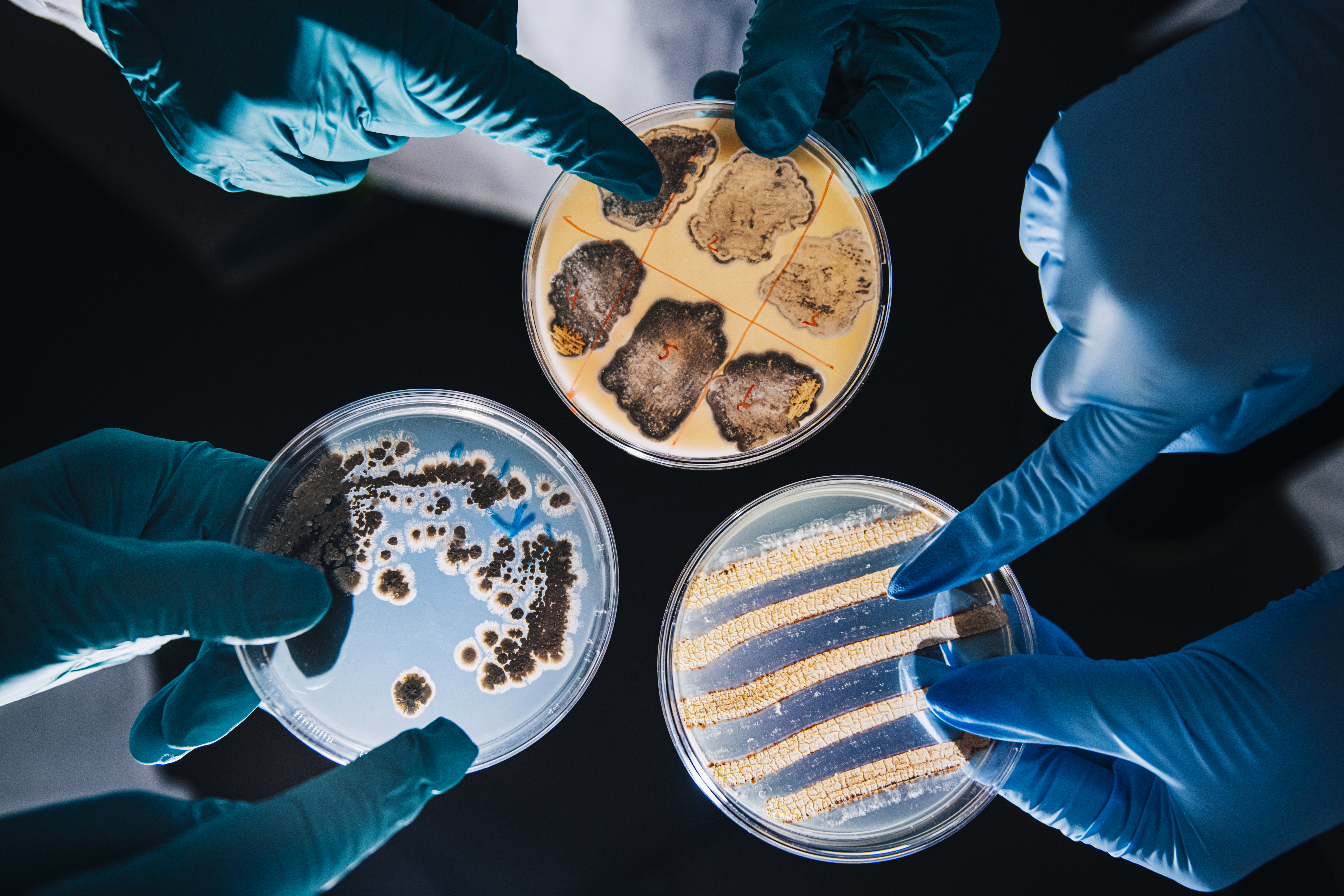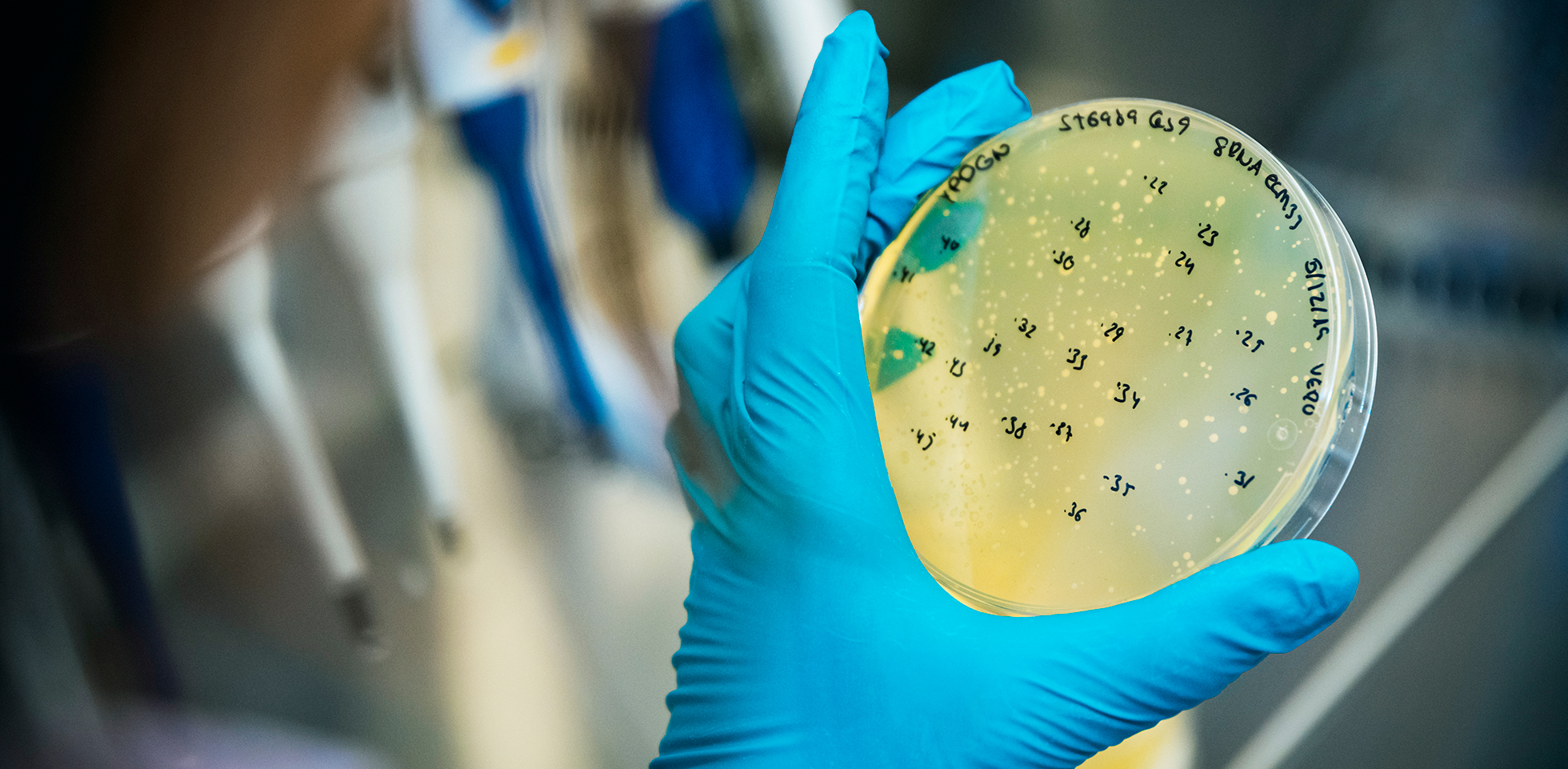
Magic-Molfun
Training the next generation of specialists for transforming natural products research

The next generation of specialists will be educated in a combination of wet-lab and computational skills to integrate genome mining and metabolomics with cutting-edge pathway discovery- and engineering approaches. There is a fast-growing demand for these combinations of skills, but these are rarely taught in current integrated training programs. These multidisciplinary skills and qualifications will be acquired while achieving the scientific goals of the program, namely understanding and developing the complex biosynthesis and production of microbial NPs for cross-sector applications such as medicine, food, agriculture, or biotechnology. Specifically, the Doctoral Candidates (DCs) will work in three areas:
- develop novel computational tools and algorithms to improve the identification and prediction quality of biosynthetic gene clusters encoding NP biosynthesis in genomic data. This genome-centered approach is complemented by
- the use of cheminformatics approaches to link metabolomics data of NPs with the genomic data of the producers, which will greatly improve the compound discovery and dereplication process. These two data-centric approaches will finally
- converge into experimental applications that discover and characterize novel NPs with promising bioactivities (e.g., antibiotics, pre-/probiotics, agrichemicals, bio-pigments).
The scientific training program is complemented by a comprehensive transferable skill training that will equip the DCs for todays’ demands of a successful career in industry and academia. The skills obtained in the DN will enable the DCs to work not only in natural product research but also many other data-intensive areas of biotechnology.
“This project has received funding from the European Union’s Horizon Europe programme under the Marie Skłodowska-Curie grant agreement No 101072485”.
